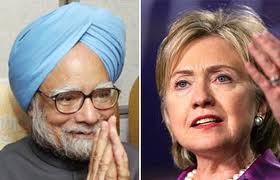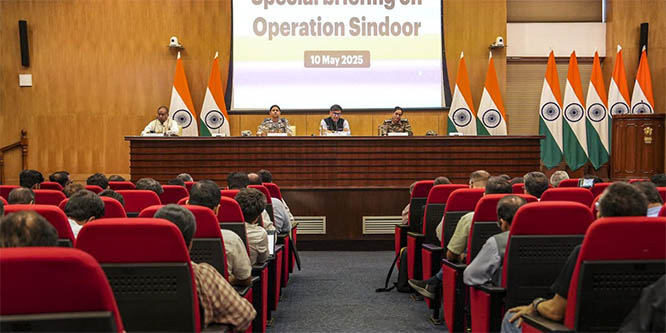
New Delhi, May 3: Apparently bowing to the American pressure India has dropped Iran from the urea procurement list just ahead of US Secretary of State Hillary Clinton's visit to the country, sources told Headlines Today on Tuesday.
Iran was the source of about 35 per cent of urea imports to India for the last two years. The State Trading Corporation (STC), a key government agency for procurement, circulated a tender document by its fertiliser division which said that the origin of urea should be other than Iran.
Sources said that the STC put the Iran exclusion clause following instructions from the Ministry of Fertilisers. While officially the ministry of external affairs (MEA) has chosen not to react, the move comes just ahead of Clinton's scheduled visit to New Delhi on May 7.
"The origin of the offered urea should be other than Iran. Bids offering Urea originating from Iran shall not be considered for evaluation," the tender document circulated by the STC's fertiliser division said.
The United States has put sanctions on imports from Iran and has been pushing countries like India to snap trading with the country.
Insiders said that the Indian envoy to Iran, Dinkar Shrivastava, has sent an SoS message to New Delhi seeking clarifications as the move could jeopardise India's relations. India needs Iran for key imports like oil and it also provides strategic inroads for India to Afghanistan.







Comments
Add new comment